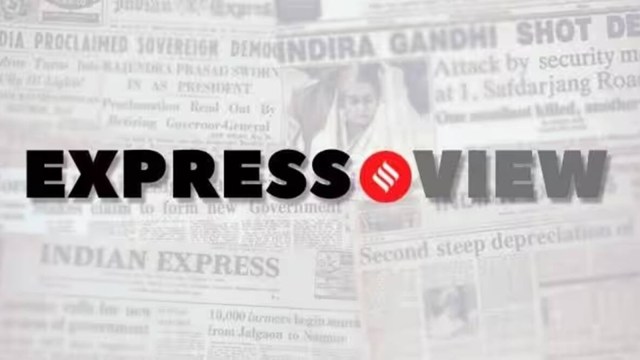
Given the tenor of conservatism that has generally guided its views on LGBTQIA+ rights, including its opposition to the legalisation of same-sex marriage in the country, the Centre’s notification of a committee “to examine the various issues relating to the queer community”, honouring its undertaking to the Supreme Court (SC) in October last year, is welcome. Chaired by the Cabinet Secretary, the mandate of the six-member committee is to ensure that the systemic discrimination and violence faced by the community in accessing social welfare schemes and services is mitigated. The work that lies ahead is arduous. The panel will need to consult widely with LGBTQIA+ rights groups and other experts to draw up a roadmap for a more equitable society.
In its landmark 3:2 judgment last year that stopped short of granting constitutional validity to same sex marriage, SC had shifted the onus on to the legislature to ensure that protective safeguards are woven into the framework of rights and that “a bouquet of entitlements which flow from an abiding relationship of this kind” is recognised. The entitlements iterated by the apex court included the right to be treated as a family for banking and medical purposes, jail visitations and last rites, among others. The Court also mentioned “legal consequences such as succession rights, maintenance, financial benefits such as under the Income Tax Act 1961, rights flowing from employment such as gratuity and family pension and insurance”.
The reading down of the provisions of Article 377 by the SC stands out as a seminal moment but the progress on queer rights in the country has been chequered at the best of times. Legislative intentions have often appeared to be out of sync with ground realities — a survey conducted by Pew Research between June 2022 and September 2023, for instance, showed that 53 per cent adults were in favour of legalising same-sex marriages. It is also telling that the community’s rights barely feature as election issues. This year, only the Congress manifesto speaks of a “law to recognise civil unions between couples belonging to the LGBTQIA+ community” and the CPI(M)’s of “legal recognition and protection to same-sex couples similar to marriage-‘civil union’/’same-sex partnerships’”. The BJP has promised insurance coverage to transgender individuals under the Ayushman Bharat scheme and wider access to Garima Grehs. These are progressive aspirations, but they remain in the tentativeness of the future. The immediate work ahead of the Centre’s panel is to seize the momentum set in motion by the apex court and to assure the community that their concerns will be heard — and addressed.

